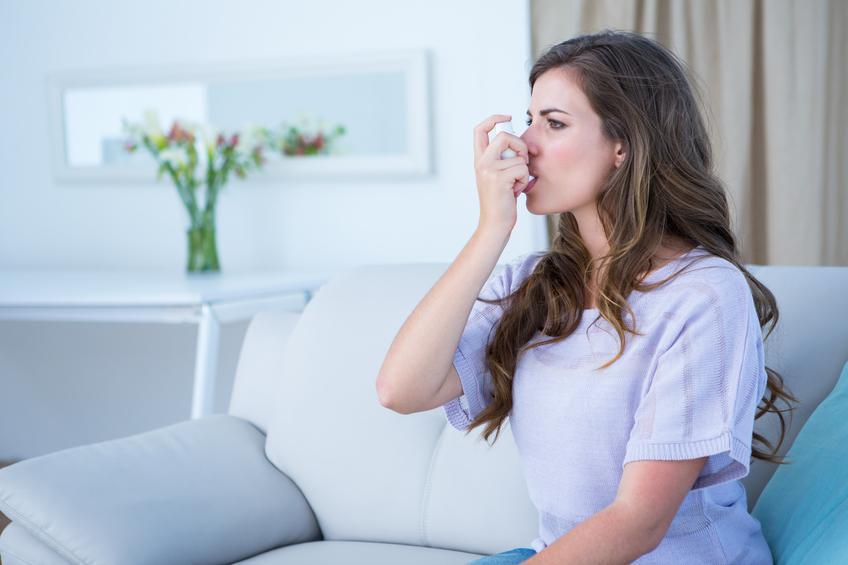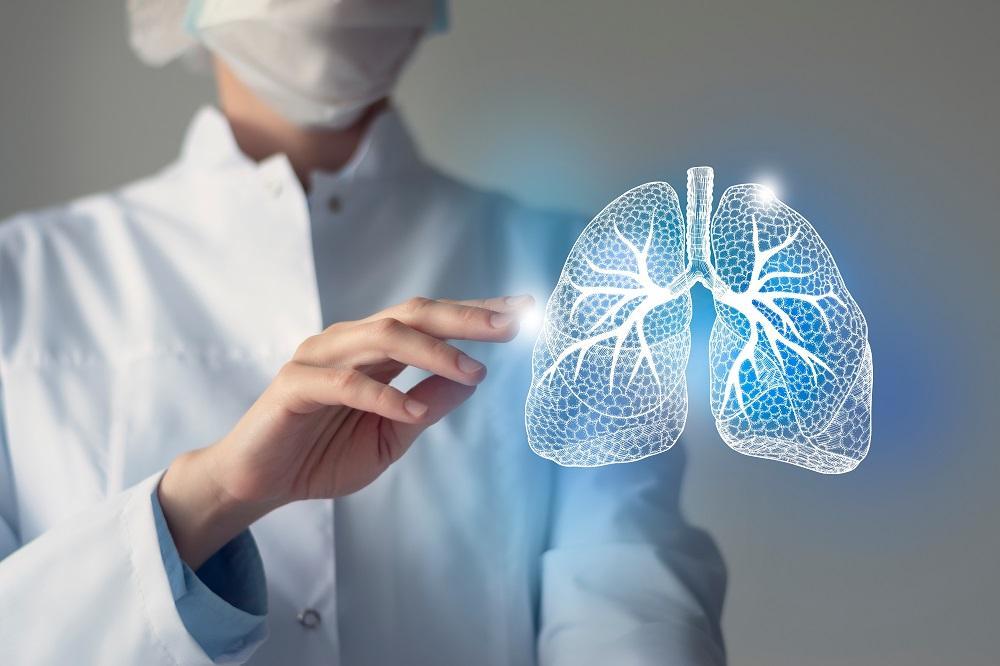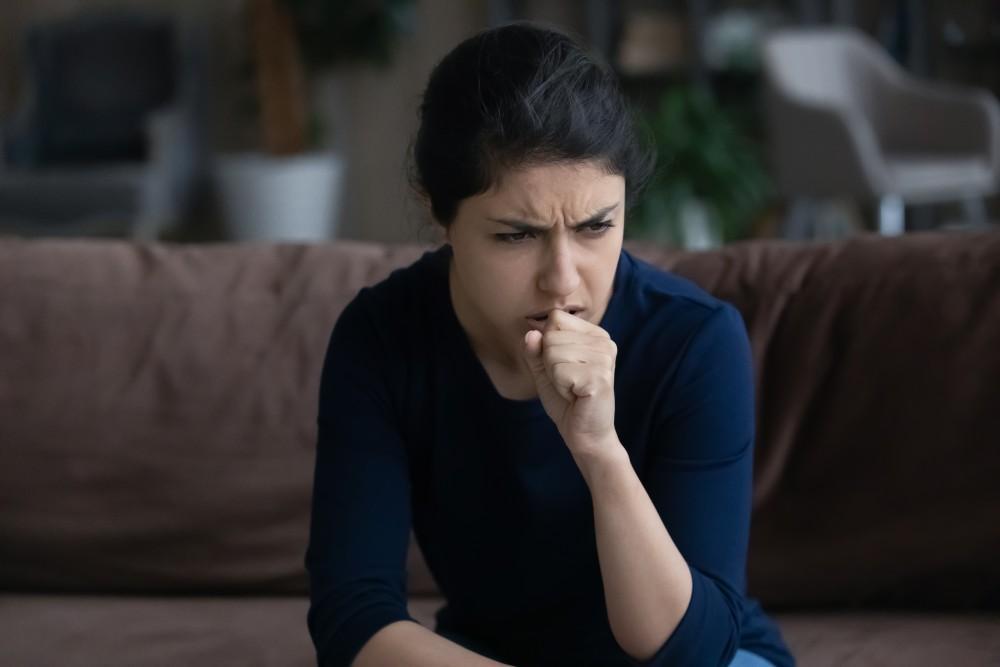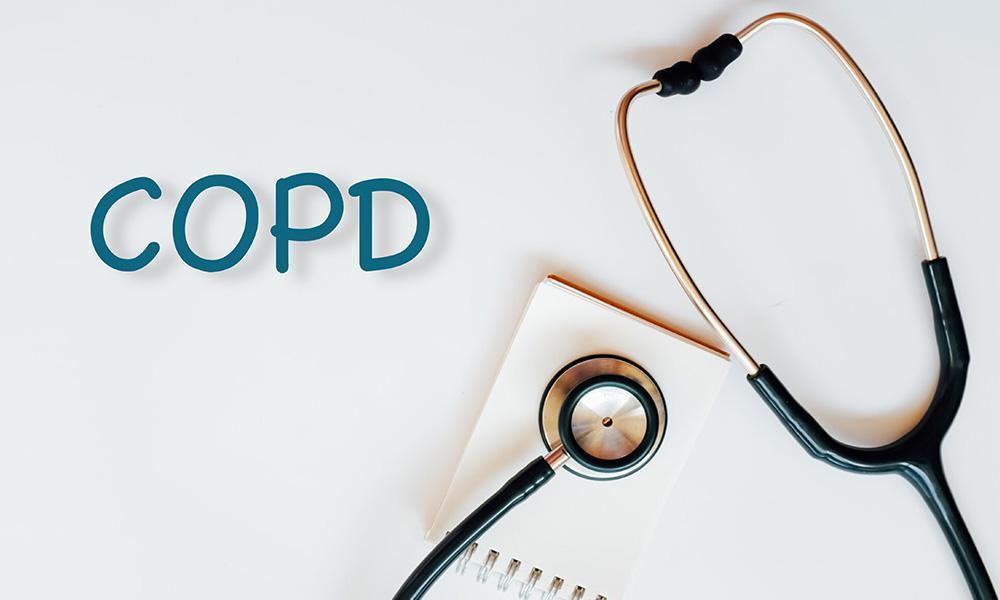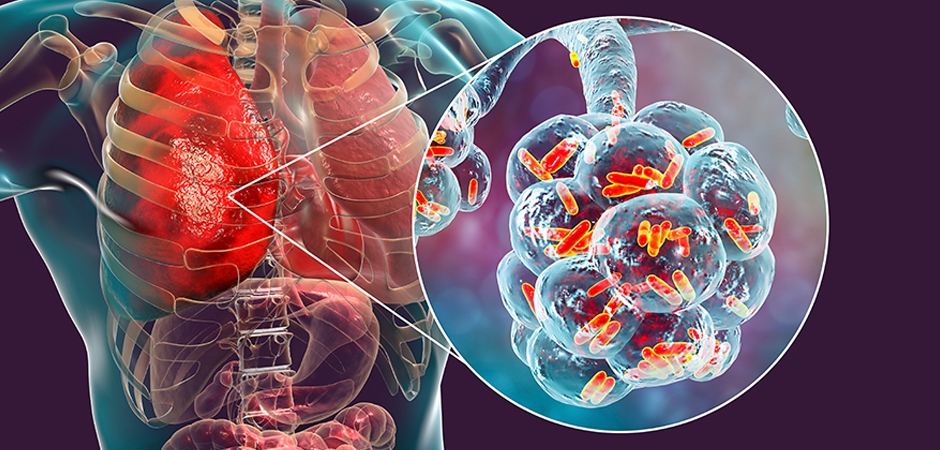Lung cancer is the second-most common cancer among both men and women. Lung cancer is difficult to diagnose when in its early stages, so it’s important to see a lung specialist as soon as you suspect a problem or if you are or have been a smoker. After a lung cancer diagnosis, your pulmonologist at Kamelhar Pulmonology will assemble a team of specialists to determine the full range of the latest treatment options. In this way, medical experts can offer you the best treatment for your specific type of lung cancer. To schedule an evaluation with Dr. David Kamelhar, call the office in Midtown East New York City or book an appointment online today.
Lung Cancer Q & A
When should I have lung cancer screening?
It is very important to remember that in many patients with lung cancer, no symptoms are present.
Early screening for current and past cigarette smokers reduces mortality by finding lung cancer while it’s more treatable. Kamelhar Pulmonology offers state-of-the-art lung cancer screening. Screening is recommended for adults aged 50 to 80 years who have a 20 pack-year smoking history and currently smoke or have quit within the past 15 years. Dr. Kamelhar follows the U.S. Preventive Services Task Force recommendations for lung cancer screening. Adults aged 50 to 80 years who have a 20 pack-year smoking history and currently smoke or have quit within the past 15 years
You may also need screening if you have other risk factors, such as a family history and exposure to other dangerous substances such as asbestos. Patients with certain interstitial lung diseases may be predisposed to lung cancer as well
How is lung cancer diagnosed?
Kamelhar Pulmonology offers testing to detect lung cancer, including:
- Diagnostic imaging (X-ray, CT scan, PET-CT scan)
- Sputum cytology (microscopic exam of lung secretions)
- Tissue biopsy (from inside the bronchial tubes)
- Endobronchial ultrasound (to examine and aspirate lymph nodes)
- Thoracentesis (biopsy of fluids from between the lung and chest wall)
After diagnostic testing, your physician determines the stage or extent of your lung cancer and talks with you about your treatment options.
Kamelhar Pulmonology coordinates with thoracic surgeons and medical and radiation oncologists as indicated by your condition. They also provide ongoing medical care to manage your symptoms and side effects of cancer and its treatment.
How is lung cancer treated?
Whenever possible, the first treatment is surgery to remove the tumor. However, when surgery is not felt to be the best choice, your treatment may include radiation therapy, chemotherapy, immunotherapy, and targeted drug therapy.
These choices will be reviewed with you and your family by Dr. Kamelhar as well as with other cancer specialists. Most importantly, your physician at Kamelhar Pulmonology will be certain that you see the very best team in the New York Metropolitan area in order to get you and keep you well
What is a lung nodule?
A lung nodule is a round or nearly round abnormality that is best seen and measured on a CT scan of the chest. They are seen with increasing frequency as CT scans are performed for conditions such as cardiac and calcium evaluation. A lung nodule is a group of cells that coalesce together in your lungs.
Lung nodules can be non-cancerous (benign) or cancerous. 95% of lung nodules are in fact benign. Common non-cancerous causes of lung nodules include inflammation, infection, and scarring.
Kamelhar Pulmonology may want you to perform additional testing which includes blood tests, biopsies of the lung nodule, and other radiology/nuclear tests to determine the cause and specifically to rule out the possibility of lung cancer.
If you need help to stop smoking, lung cancer screening, or medical support for lung cancer, call Kamelhar Pulmonology or book an appointment online today.


